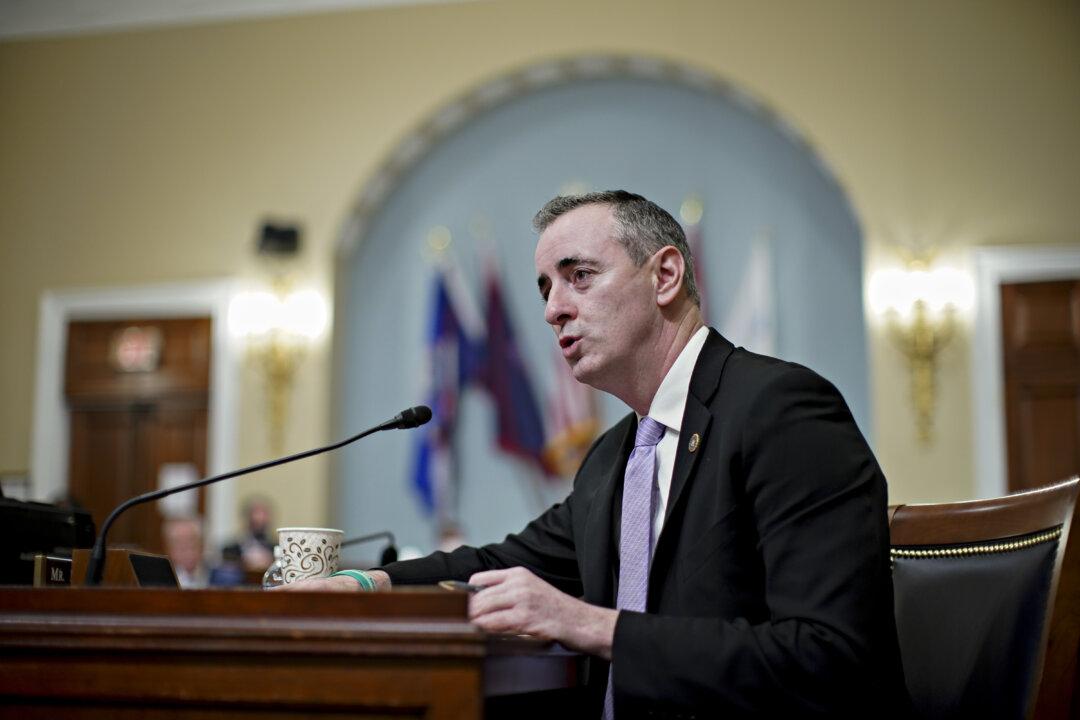The Problem Solvers Caucus proposed a one-page, four-step framework that would solve the debt-ceiling issue if the White House and congressional leaders fail to come up with a deal.
The 63-member bipartisan congressional coalition (31 Republicans and 32 Democrats) endorsed suspending the debt limit until December 31, 2023, “to remove immediate pressure of defaulting on our national debt.” By raising the debt ceiling, lawmakers can address the federal government’s long-term fiscal health by concentrating on establishing a sustainable budget.





